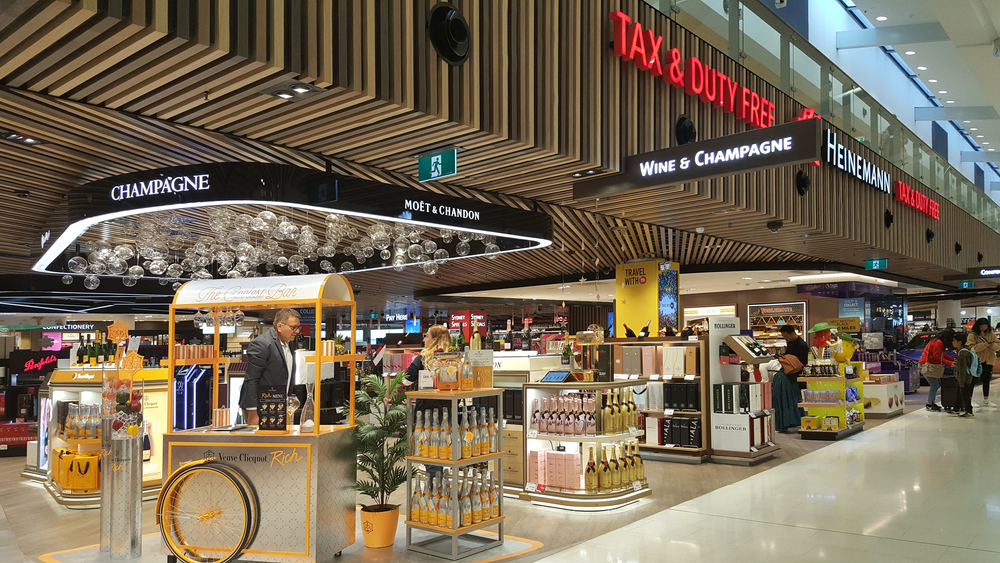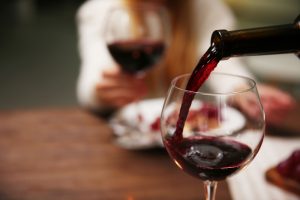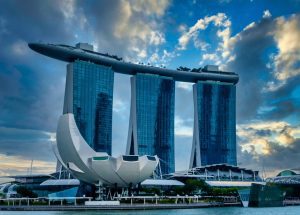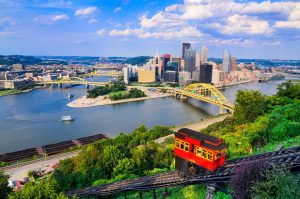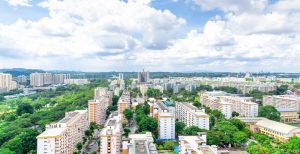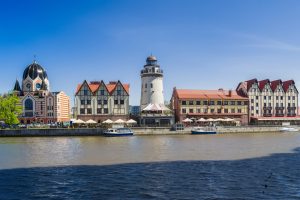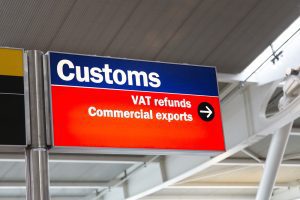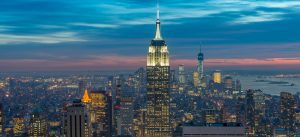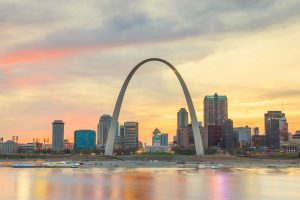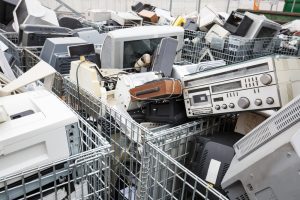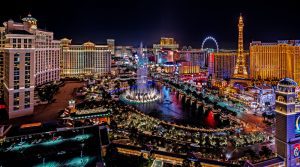It’s a given that Singapore, in all its splendor, is among the most expensive places in the world to reside or visit.
However, people there still party and go out a lot.
Even with the knowledge that the country is costly, the price of alcohol, especially beer, is through the roof.
Why is alcohol in Singapore so expensive?
The Singaporean government wants to reduce the level of alcohol intake in the country. It’s been reported by the US government that Singapore has high excise taxes on alcoholic beverages and cigarettes as well as on automobiles and petroleum goods for environmental and social reasons.
In other words, despite the low cost of some consumer items, Singapore actively discourages alcohol intake and those who profit from the industry.
Table of Contents
Could alcohol cost in Singapore be a reflection of its citizens’ taste?
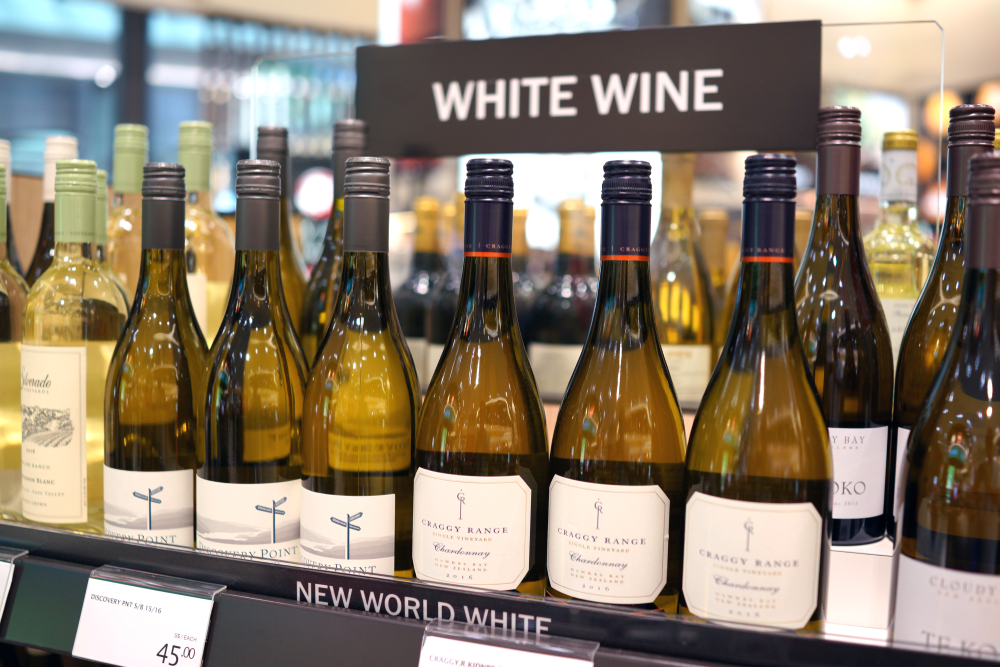
Another possible explanation is that Singaporeans, who have the seventh-highest GDP per capita in the world at $61,400, have a taste for high-end beers, and the industry is reacting.
Euromonitor International, a consumer market research business, found that craft beer gained steam as individuals started experimenting more.
They also became eager to try new exotic flavors of beers in a review on alcohol consumption patterns in the city-state for 2012.
Microbreweries in Singapore have established their own unique, small-batch artisan beers.
In Singapore, how much does a typical brew cost?
A typical brew in a bar in Singapore costs a whopping $13.47, according to a recent poll. Compared to the 15th most expensive city across the globe (Beijing), this is a whopping 45 percent more costly, and 39 percent pricier than for visitors in Tokyo.
Even Hong Kong, which has an overall cost of living comparable to Singapore, has reasonably priced beer at $9.18 per bottle – a $4.29 difference.
As for basic food items like bread, eggs, and milk in Singapore, they are either comparable or significantly less expensive than in other Asian cities.
Is there a monopoly on the alcoholic beverage market in Singapore?
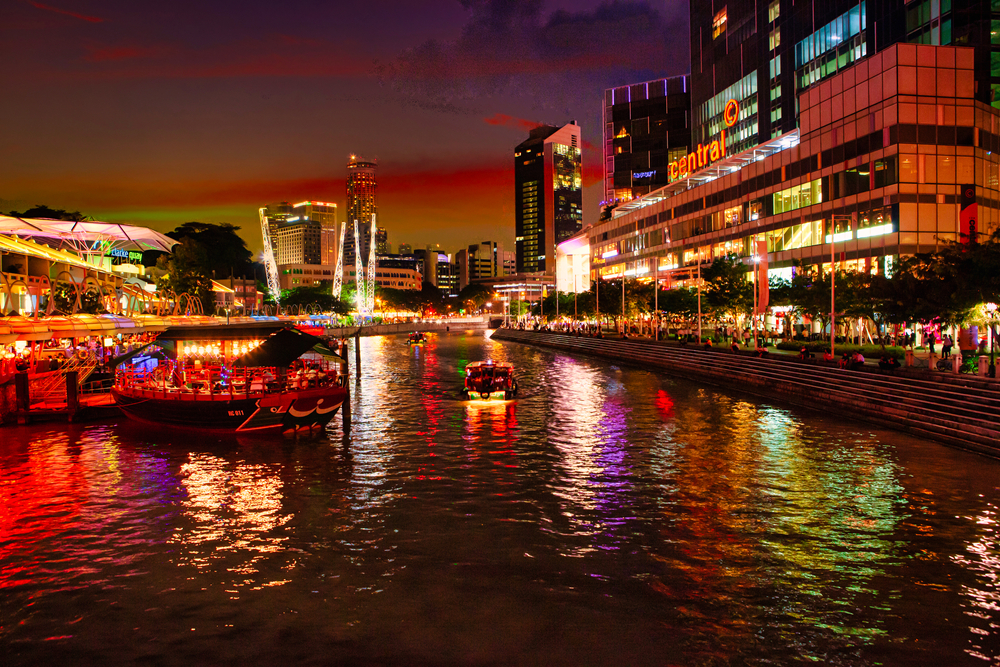
Drinking in public after 10:30 p.m. is illegal in Singapore, thanks to the unpopular Liquor Control Act, which was passed in the city-state.
After 10:30 p.m., you’ll be unable to buy a can of beer to enjoy at home because takeout sales are also prohibited in retail stores.
Licensed establishments, such as bars, clubs, and restaurants, “monopolize” the alcohol sector after 10:30.
After that time, customers are “gathered up” and forced to drink at these licensed establishments, boosting their share of the alcohol market.
These permits are not cheap to obtain. By making it more difficult for patrons to find lower-cost booze elsewhere, the Liquor Control Act benefits bars and clubs as a side effect.
Clubs and bars, especially those located in central areas like Clark Quay, are expected to pay a premium for the renting of their facilities.
As a result, the cost of brewing and marketing beer would rise, which will ultimately be passed on to consumers.
In Singapore, what is the legal drinking age?
Singapore has a legal drinking age of 18 years old. Those over the age of 18 are only permitted to purchase and consume alcoholic beverages at licensed establishments (like supermarkets and restaurants) in Singapore.
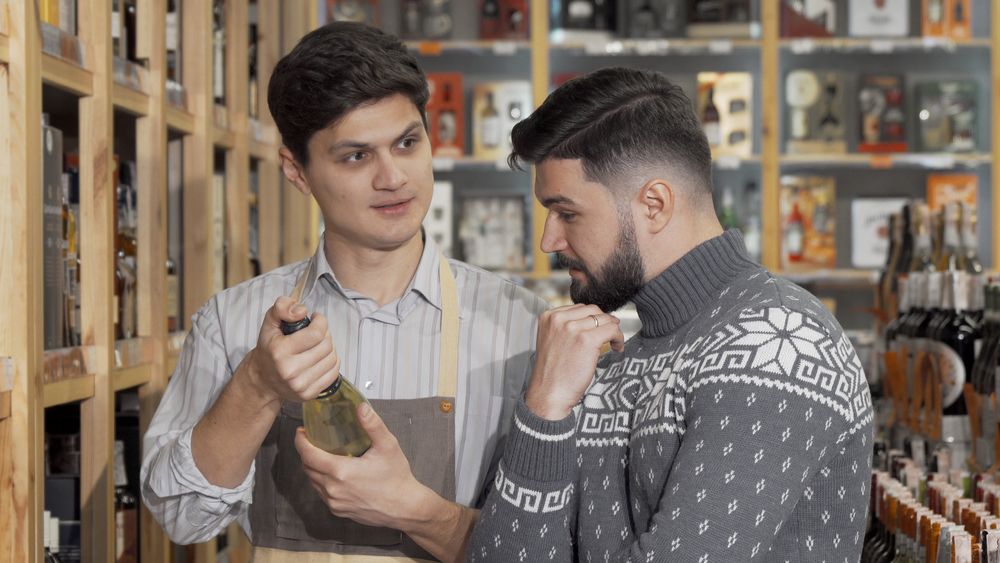
This is because licensed liquor sellers are prohibited from selling or allowing the consumption of alcoholic beverages by anybody under the age of 18 on their licensed premises.
Sellers who violate rule 37 of the Customs (Liquors Licensing Regulations) may face a fine of up to $5,000 if found guilty of the offense.
Underage drinkers, on the other hand, are not subject to any legal sanctions. People under the age of 18 can still purchase alcoholic ice cream and other food products that include alcohol.
Is it a hassle to import alcohol into Singapore?
A permit is required to import alcohol from abroad. According to the Regulation of Import and Export laws, this might cost up to $100.
Some additional costs and charges are not included in the permit fee, such as the service and application fees as well as other miscellaneous charges.
Finding a supplier from whom you can import alcohol is the next step after obtaining the necessary licenses and licenses.
What are Singapore’s beer and wine excise duty rates?
It’s not easy to get the booze through customs because of the taxes and fees that must be paid.
Beer and wine have different excise rates in Singapore, according to the customs department’s website.
In comparison to other alcoholic beverages, beer has an excise duty of $60 per liter, while wine has an excise tax of $88 per liter.
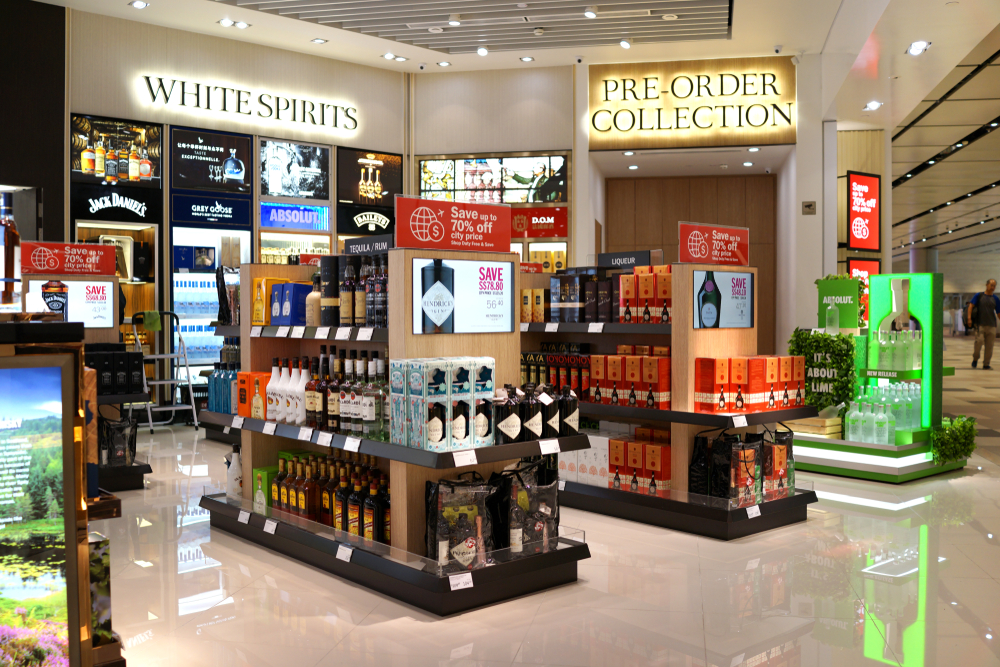
These duties and levies apply to all alcoholic beverages, regardless of their alcohol content or strength (ABV).
To add insult to injury, all imported items are taxed at 7 percent. Importers’ costs will rise once the GST is applied to alcohol. Just the taxes are included.
What is Singapore’s policy on alcohol storage and delivery?
Importers will need to find a place to keep the alcohol once they have successfully imported it.
Licensed bonded warehouses and third-party logistics must be sought out to help with storage and delivery in this manner.
As a whole, the process is difficult and expensive. It’s easy to see why individuals seek out cheap alcohol at duty-free shops.
Do nightclubs have a minimum drinking age in Singapore?
Singapore has no laws dictating the age at which a person can enter a nightclub. The minimum age to join a club typically ranges from 18 to 23 years old, depending on the club’s policy.
Clubs have requirements that patrons be at least eighteen years old to enter because they sell and permit the use of alcohol on their premises.
Before you go out, make sure you’re at least the legal drinking age in the establishment.
How do you prove your age at a nightclub in Singapore?
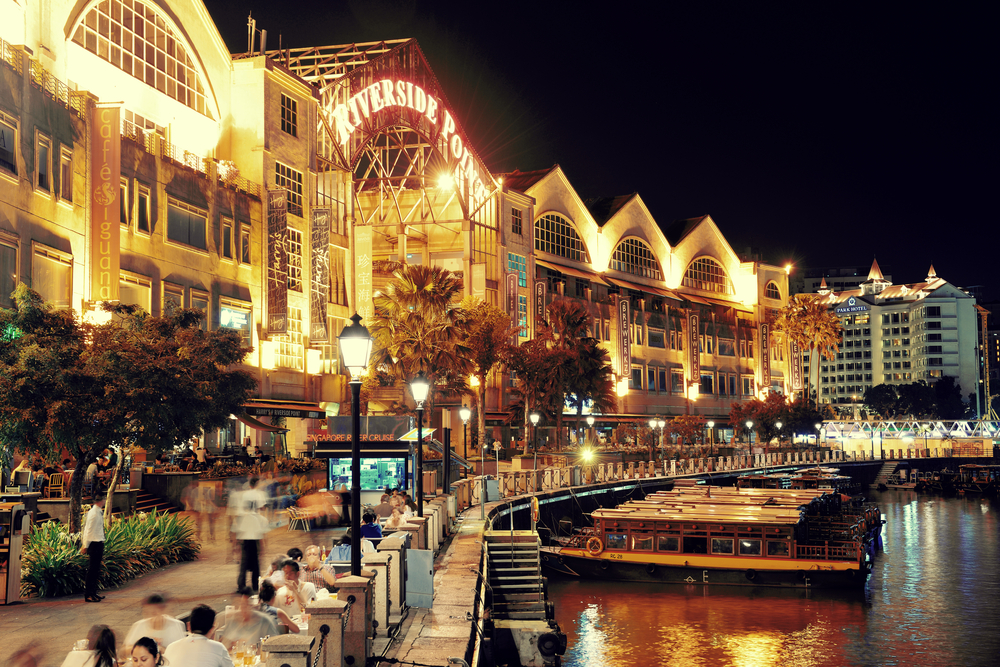
There are a few ways for Singaporeans and visitors to prove their age in Singapore.
- Passport
- Driver’s license
- NRIC identification card.
Foreigners may face more stringent identification requirements before they are allowed to purchase alcohol or enter nightclubs in specific areas.
To be on the safe side, you should use one or more of the following:
- An international identity card
- A passport
The possession of a forged ID is a forgery offense under section 474 of the Penal Code. The maximum penalty for committing this forgery offense is 10 years in prison or a fine, or both.
Where and when can you drink publicly in Singapore?
Even if the entrance to a public area is restricted or requires a fee, it is still considered a public space.
Restaurants and taverns are not included in this category, which also includes void decks, road decks, and parks.
Consumption and sale of alcoholic beverages in such public areas are prohibited by the Liquor Supply and Consumption Act between the hours of 10:30 p.m. and 7:00 a.m., according to the law’s provisions.
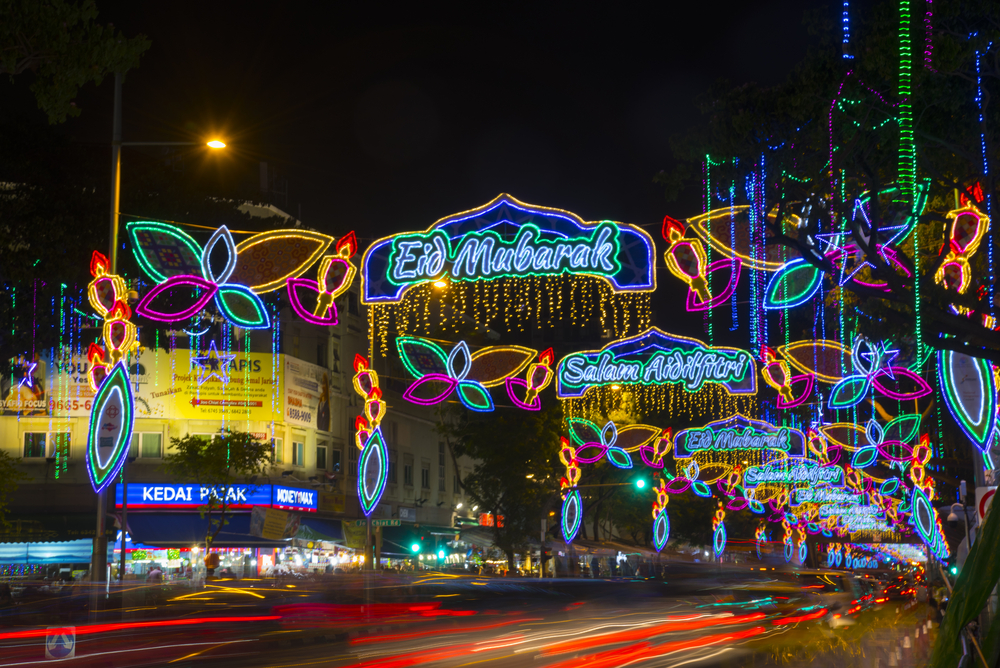
Little India and Geylang Serai, for example, are designated as “Liquor Control Zones” and have even more restrictions.
Those who are caught drinking in certain places face fines.
If you are fined and/or imprisoned for being found intoxicated and unable to take care of yourself, you can pay up to $1,000.
Is it legal to purchase alcohol-based culinary products at night in Singapore?
You can purchase foods containing more than 0.5% alcohol after 10:30 p.m. effective January 18th, 2019.
Rum & raisin ice cream, liquor-infused chocolate, and cooking wine are examples of such food products.
Because they are unlikely to contribute to alcohol abuse, these food products are excluded from liquor licensing regulations.
What are the laws on drinking and driving in Singapore?
Section 67 of the Singapore Road Traffic Act states that driving under the influence of alcohol is a criminal offense.
If you do the following, you will be guilty of this crime:
- Are unable to drive safely because you are intoxicated to the point of losing control of the car
- You have consumed more alcohol than the legal limit
The following is the recommended upper limit for blood alcohol concentration (BAC):
- 100 milliliters of breath containing 35 micrograms of alcohol
- 100 milliliters of blood with an alcohol concentration of 80 milligrams
If guilty, you might face penalties and perhaps prison time. Even though underage drinking is not illegal in Singapore, you should be aware of the numerous limits on drinking before going out with your pals.
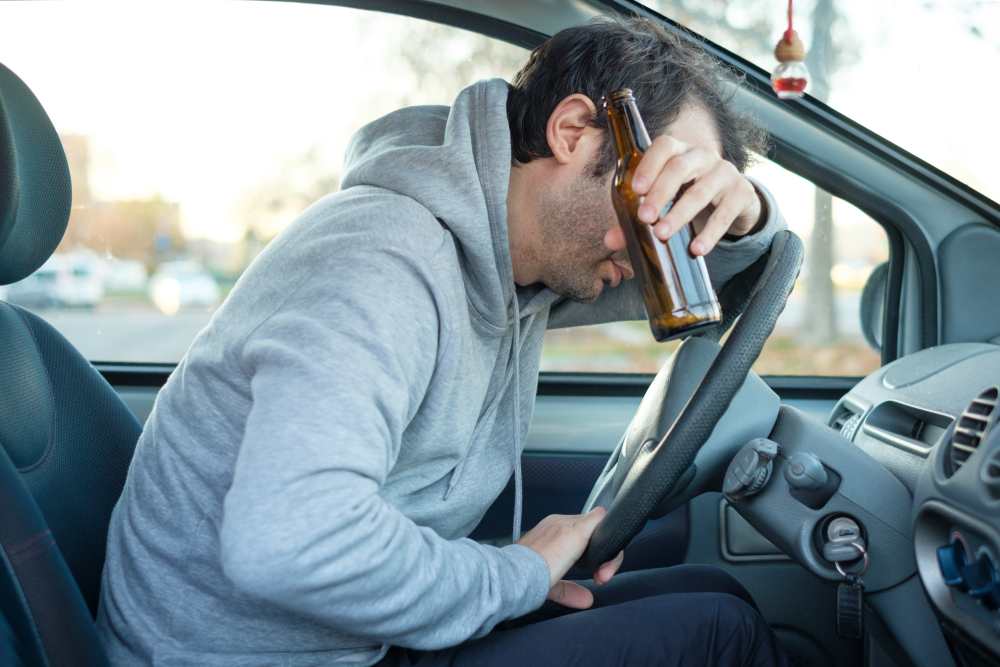
To keep yourself and others safe, never drive and drive at the same time.
Who in Singapore can sell alcohol beyond the permitted time?
For a short period, only licensed taverns, clubs, and restaurants are authorized to serve alcohol after 10:30 p.m.
To serve alcohol after legal hours, these bars and clubs often have to pay a premium on their rent.
As a result, the price of alcohol in Singapore is likely to be much higher than it would be elsewhere.
Where is the most expensive beer in the world?
In the years 2021-2022, Dubai has the world’s most expensive beer pint, according to Statista. For a pint of beer, the going rate is around GBP 10.40. Sydney came in second with a pint costing 6.70 GBP.
Which cities in the world offer the best deals on beer?
Including Freetown, Sierra Leone, where drinks cost just £0.65, African cities are the most affordable.
This makes sense, given that wages in those countries are also significantly lower.
Freetown, Sierra Leone – £0.65
Antananarivo, Madagascar – £0.67
Yangon, Myanmar – £0.72
Lagos, Nigeria – £0.72
Ho Chi Minh City, Vietnam – £0.74
Maseru, Lesotho – £0.75
Lome, Togo – £0.75
Tashkent, Uzbekistan – £0.75
Is drinking to please coworkers a common practice in Singapore and Asia as a whole?
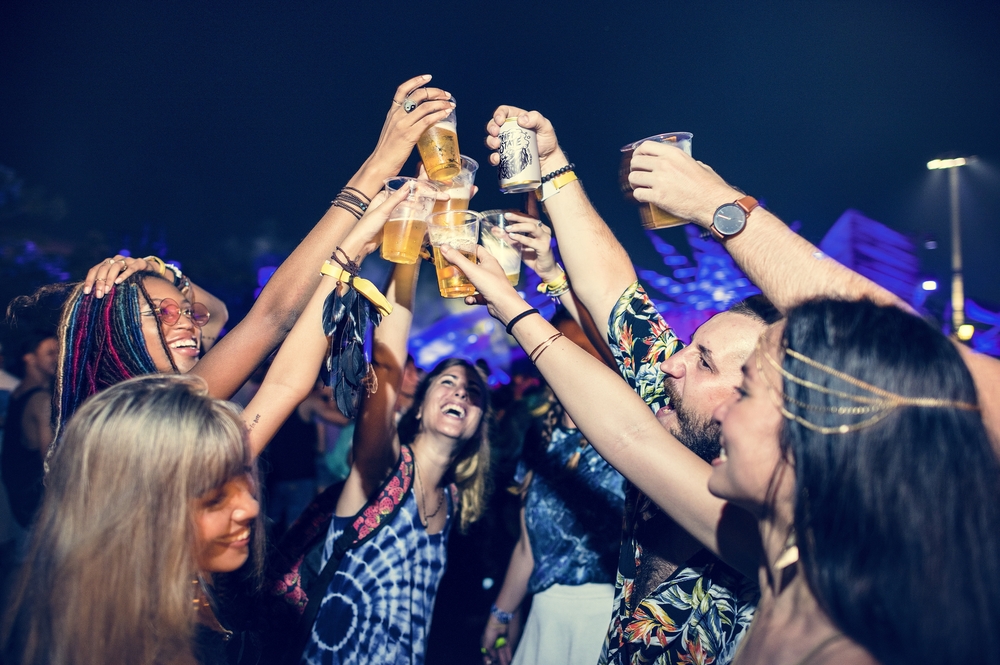
Many people feel forced to partake in social drinking with their coworkers for a variety of other reasons.
If you’re afraid of appearing nonchalant about building stronger relationships with your coworkers by declining an invitation, you’re not alone.
Accepting an invitation, on the other hand, can be perceived as a way to gain favor with superiors.
One out of every five office workers engages in regular drinking with coworkers at least once a month, and many do so to curry favor with the boss.
When it comes to Asian business practices, there’s no denying that drinking is an integral part of any deal-clinching process.

